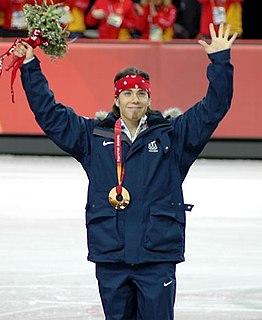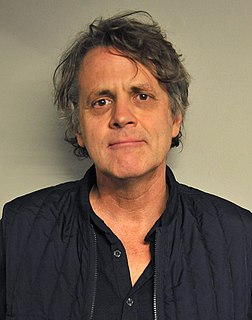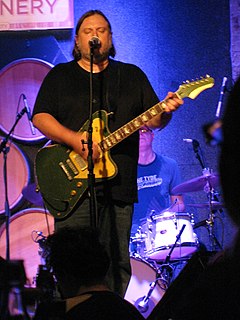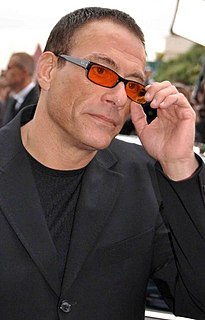A Quote by Takashi Murakami
I actually feel like the phrase 'big in Japan' is not appropriate for me. The reason is that there are more people who sympathize with my practice in America than there are domestically in Japan.
Related Quotes
Japan is a wonderful country, a strange mixture of ancient mystique and cyberpunk saturation. It's a monolith of society's achievements, yet maintains a foothold in the past, creating an amazing backdrop for tourings and natives alive. Japan captures the imagination like no other. You never feel quite so far from home as you do in Japan, yet there are no other people on the planet that make you feel as comfortable.
I think the retirement crisis globally is a major problem. I think it's especially prevalant in countries such as Japan, where immigration is an issue. I think the US is more shielded from it than most countries in the world. It has a higher birth rate than Japan, immigration is tolerated here unlike probably it is in Japan. I don't think it's as big an issue in the US as it is elsewhere in the world.
You look at Japan and Hayao Miyazaki's films are the biggest films ever made in Japan; domestically there and they play to critical acclaim around the world. He won't put more then 5 or 10 percent computer imagery in his movies. It's disappointing to me. It's a silly choice that some studios made to move out of animation. It's part of the unfortuneate preconception that I think the public has going into see animation.
I remember my very first encounter with Japan. At that time, I was Deputy Mayor of St Petersburg. Out of nowhere, Japan's Consul General in St Petersburg came to my office and said Japan's Ministry of Foreign Affairs wanted to invite me to Japan. I was very surprised because I had nothing to do with Japan except being a judoka. This was an opportunity to visit Tokyo and a couple of other cities. And, you know, a capital is a capital everywhere: there is the official script and certain protocol. It is always easier to talk in the provinces, the conversation is more natural.







































